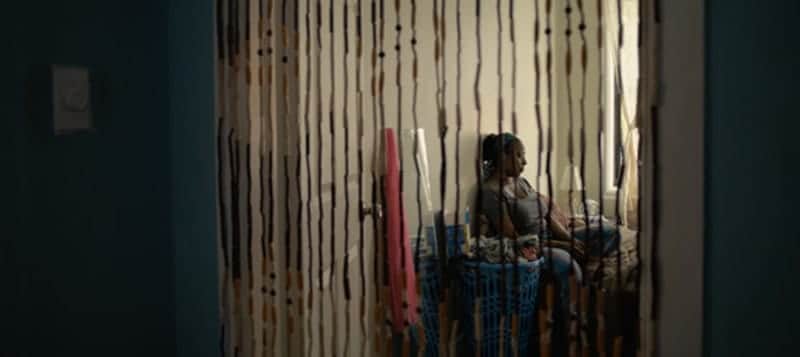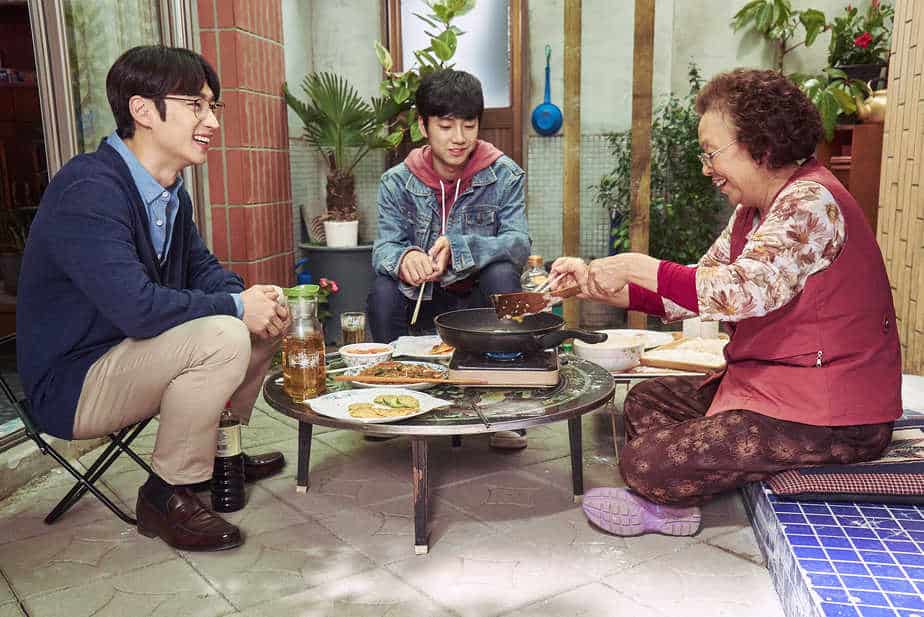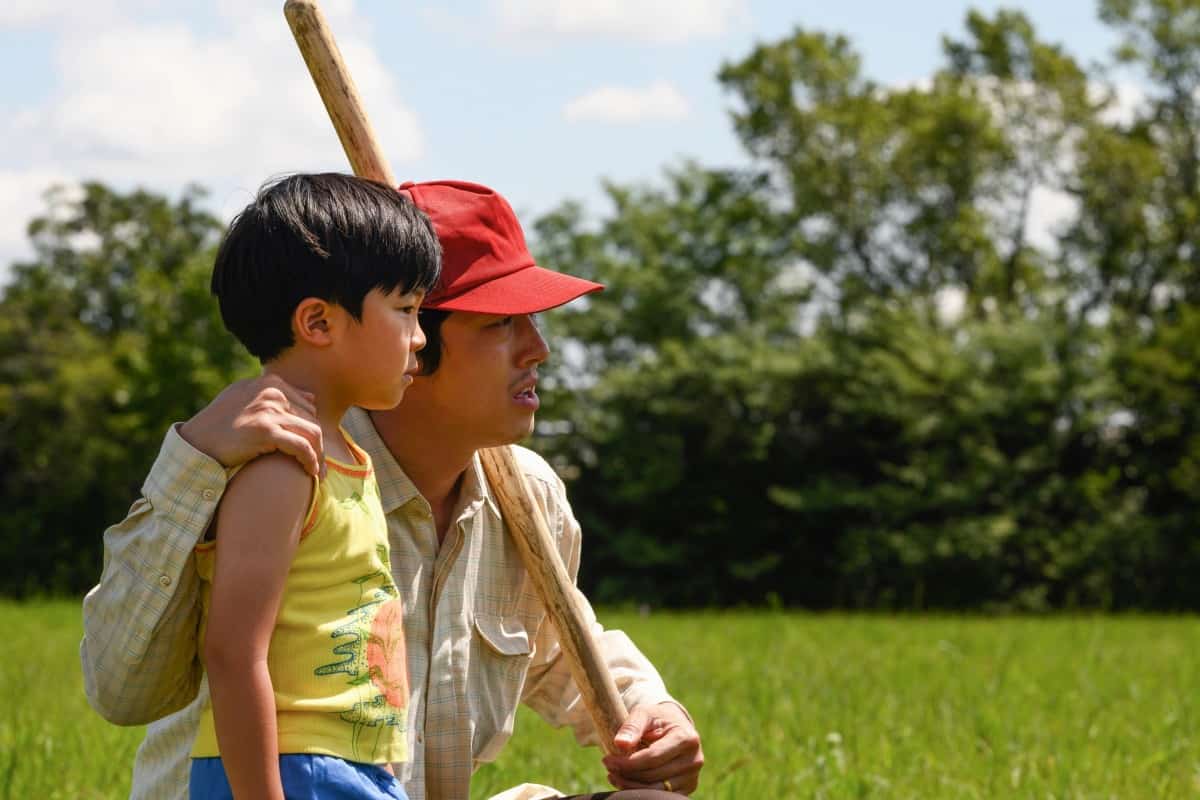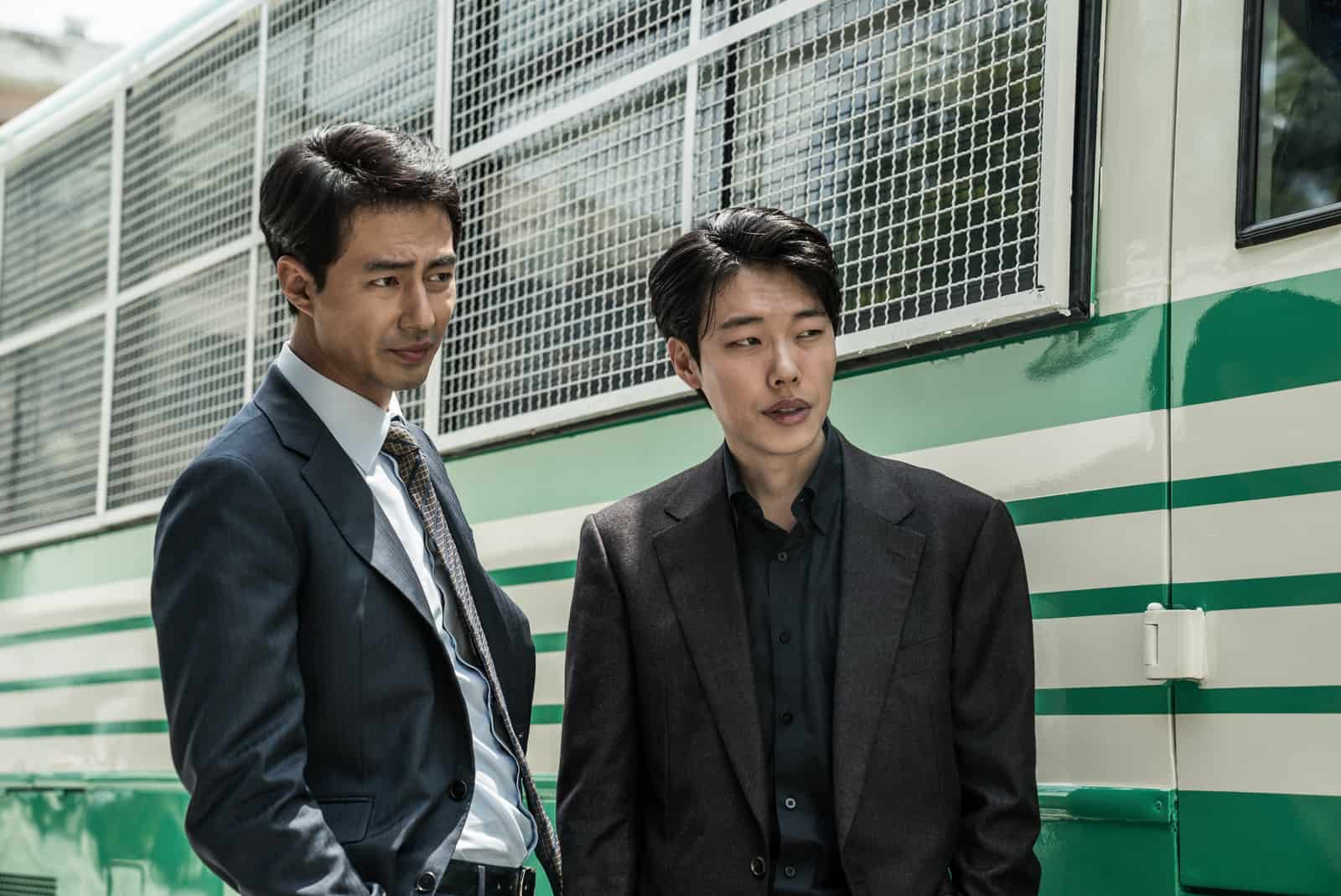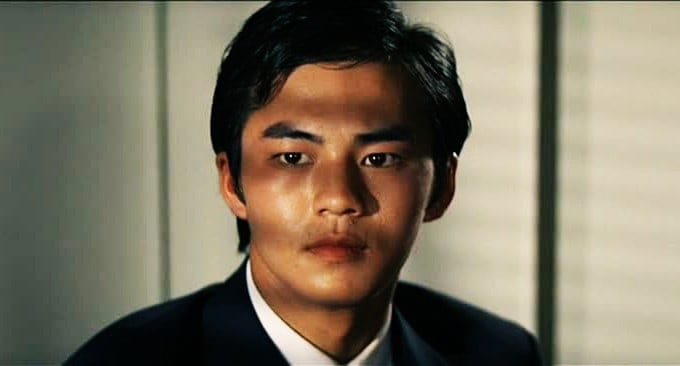Daunting is the voyage of self-discovery in our formative years; the desire to be accepted and liked by our classmates can often clash with our one acceptance of identity, passions, and self-worth. How much of a compromise is reasonable during this fundamental rite of passage? Should sacrifices ever be made during the pursuit of friendship? There are rational solutions to such a dilemma but when has adolescence ever been rational? At a time when peer pressure becomes insurmountable on this journey standing by one's own convictions threatens alienation or, at the very least, singling one out as the outlier, the outcast. Such boldness is reflected in the tenderness of Airi Yamaguchi's lyrical masterpiece Kitten, a harmonious exploration of a fledgling friendship in its infancy born out of an age-old ethics question.
“Kitten” is screening at Skip City International D-Cinema Festival

During her first day of high school, socially-reserved Rin Ishimatsu (Moka) seemingly loses a game of rock paper scissors and is tasked with serving as a student library assistant along with her classmate Rei (Naoki Inunaki). As the two are walking home one day, Rin spots a kitten on the side of the road; before approaching it Rei stops her to pose a question of ethics: if the cat you just saw is injured and is helped by a human, how do you think the cat would feel? It is a moment causing Rin to step back and consider the question, resulting in an answer that appears to dumbfound her classmate. It takes some reflection for Rin to hone in on why this bothered Rei so much.
A semi-autobiographical work from its young director – a graduate of the Waseda University Department of Intermediate Art and Science – “Kitten” reels in the viewer with its central question yet intelligently allows this to take the shotgun seat of this short drive, instead allowing time and space for awkwardness to fade and genuine moments of acceptance and happiness to blossom. This is all caught so delicately on the screen, hanging on those moments with a truly heartwarming vulnerability, one wrapped up more in a universal language of compassion and understanding as opposed to nostalgic sentimentality.
Opening up to her librarian supervisor Katsu (Sayuri Fujii) as to why she no longer reads in class it is impossible not to empathize with Rin, whose fragility Moka so profoundly embellishes on screen; her reasoning is as authentic as adolescence allows, one which subverts on itself the more time she spends with Rei whom she connects on a far deeper level than her other classmates. A girl who longs to be spoken to, to fit in with her peers, Rin's fundamental understanding of friendship and her own self-worth changes only when Rei strikes her with his question. Moments of overwhelming compassion and fondness wistfully illuminate in every exhalation, each one as calm and gentle as the demeanors of its young leads; every other breath leaves deeper connotations etched into this quaint and peaceful film, and the more Rin ponders on the question of ethics, the more concentrated each breath becomes.
A film as rich in its high school symbolism as it is in its quiet reflections, “Kitten” is a beautiful shot stroke of genius; each frame captures so elegantly the harmonious relationship developing between Rin and Rei, unveiling new layers of their personalities, fears, and outsiderness without ever uttering a word, punctuated even further by its equally sensitive score. Understandably, the direction and pacing Yamaguchi deploys fixates on those words never spoken, a wonderful surprise for a film underpinned by the impact words of kindness and changing convictions possess.
Influenced by Yamaguchi's own childhood experiences and the confrontation of her own fears, “Kitten” triumphs in its depiction of teenage yearning, of the social demand to fit in to be liked by everyone – to please everyone – and how scary the ideas of outside help and support may seem. It's wonderfully allegorical, never too on the nose to be rendered presumptuous; instead, every nuance and metaphor unfolds with all the elegance of a flower in full bloom, invoking an emotional response without ever forcing one. We empathize, sympathize, and find peace knowing that, by the touching end, Rin finds that glimmer of hope every young person so desperately desires.




